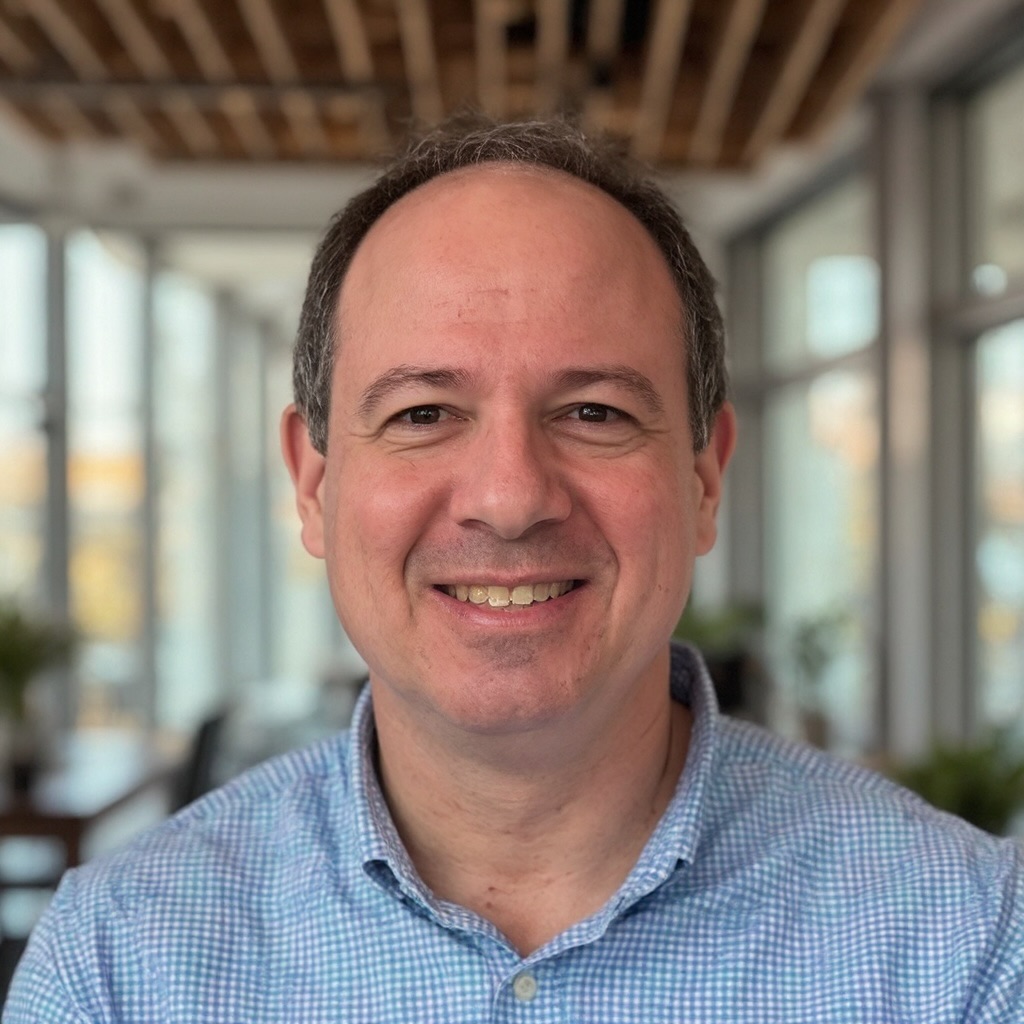By Andrew Shapiro, MD
https://www.toplinemd.com/advanced-surgical-physicians/ | @advancedsurgicalphysicians
[originally published in The Well of PBC]

I’m a caregiver for my 85-year-old father who has dementia and while he has an aide during the week and friends who help out in the evenings and on weekends, I’m responsible for coordinating his care, managing his medical needs, and ensuring he has structure and safety.
In addition to this, I also provide emotional support and stay closely involved in all aspects of his well-being.
One of the hardest parts is navigating the emotional toll of watching dementia progress in someone you love.
There’s also a constant need to plan ahead, troubleshoot, and stay flexible as his needs change on a daily basis. Even with help, the mental load of decision-making and advocacy can be exhausting.
Recharging is crucial and I take the time to recharge whenever I can. This can take many different forms from getting outside in the fresh air, connecting with friends or just decompressing and having quiet time to myself.
I’ve learned to lean on the support network around me and remind myself that taking care of my own health allows me to show up better for my dad.
Giving myself permission to rest and ask for help is essential to caregiving.
Having fellowship means having people who truly understand the emotional highs and lows of caregiving. It’s easy to feel isolated in this role, but connection with others brings relief, perspective, and even moments of laughter.
Whether it’s friends, support groups, or fellow caregivers, those relationships remind you that you’re not in this alone.

